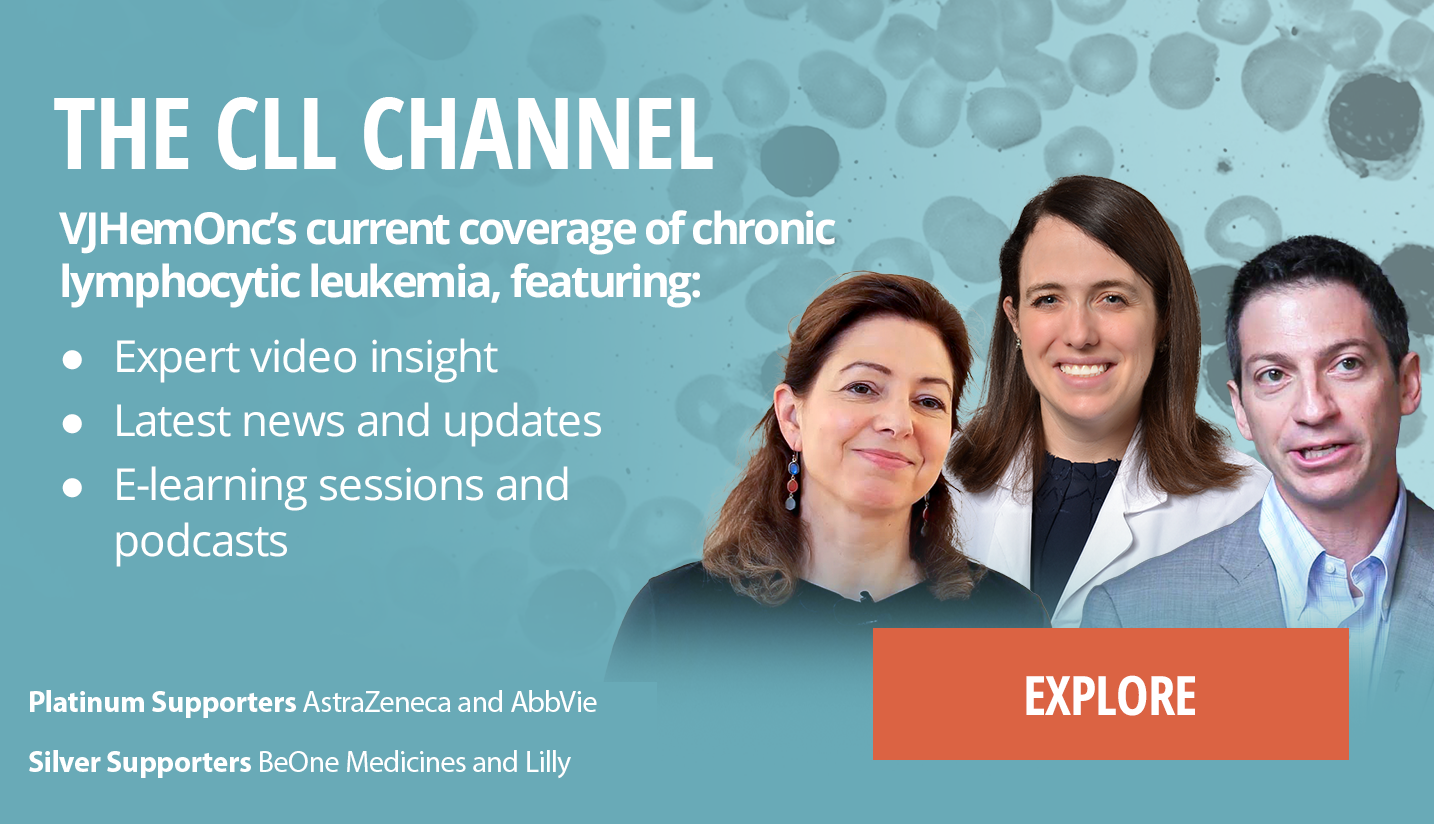So the future of CLL, I think, is we come from a past that has been very bright. We really changed completely the life expectancy of our patients with definitely a better quality of life. What about the future? The future should aim for cure or at least, what I always say, one treatment per life, meaning that the patient will not relapse because the response will be so long that they will die of something else unrelated to the disease...
So the future of CLL, I think, is we come from a past that has been very bright. We really changed completely the life expectancy of our patients with definitely a better quality of life. What about the future? The future should aim for cure or at least, what I always say, one treatment per life, meaning that the patient will not relapse because the response will be so long that they will die of something else unrelated to the disease. So that’s our aim. At the moment with BTK inhibitors we can achieve a median progression free survival that is around 9 years, so we are already approaching a very long remission. There are patients who are relapsing earlier and so for these patients we do need something stronger. And therefore we hope that the future will give us even more effective drugs and we are betting on BTK degraders, on bispecifics, and we will see if that will hold in the future. In general what I think is that the future will include mainly fixed duration treatment so patients and doctors who want to have time-limited treatment to avoid adverse events, to avoid the clonal evolution, to decrease the financial cost. So that I think is a trend that in the near future but also long-term future will be mainstream.















